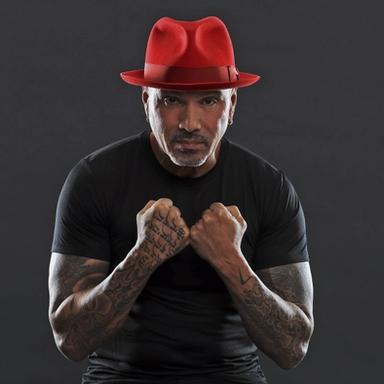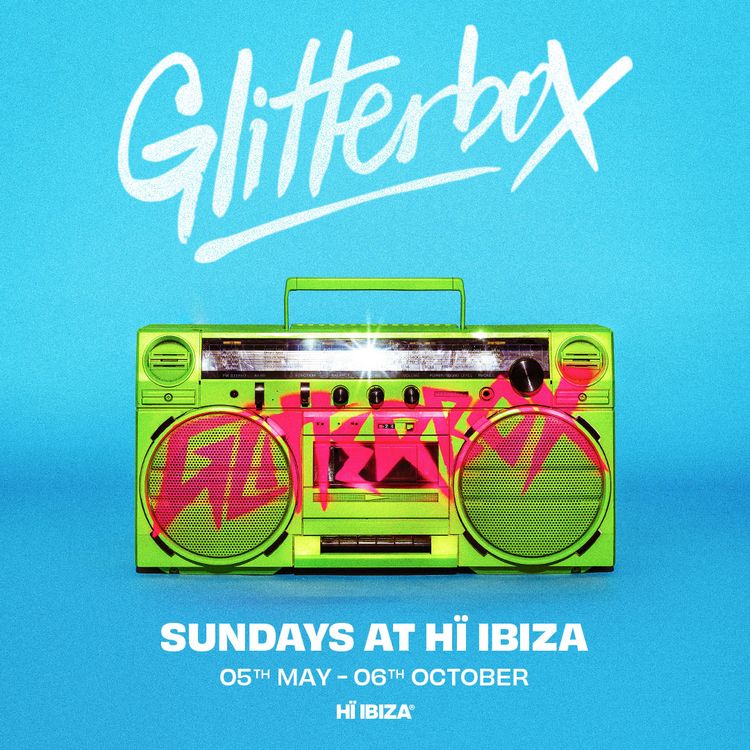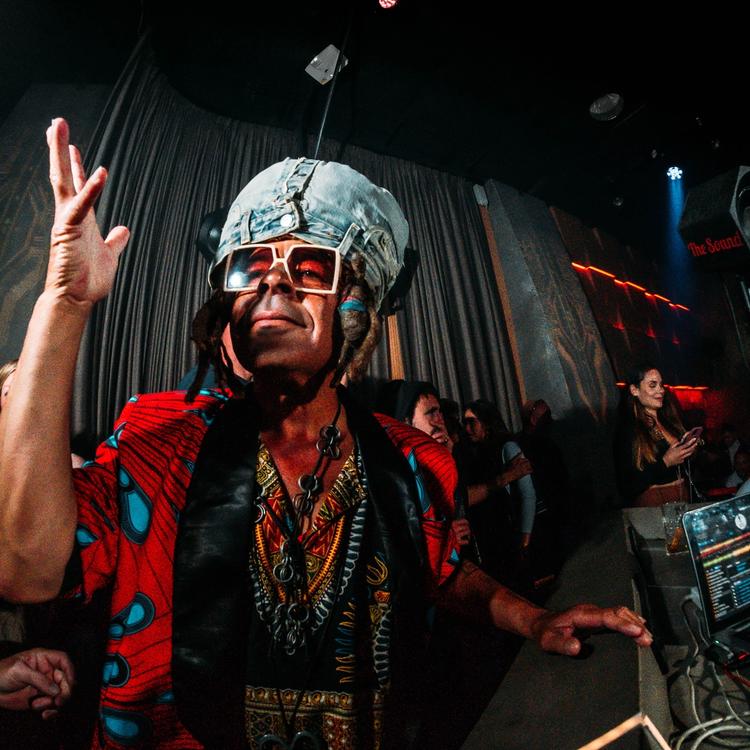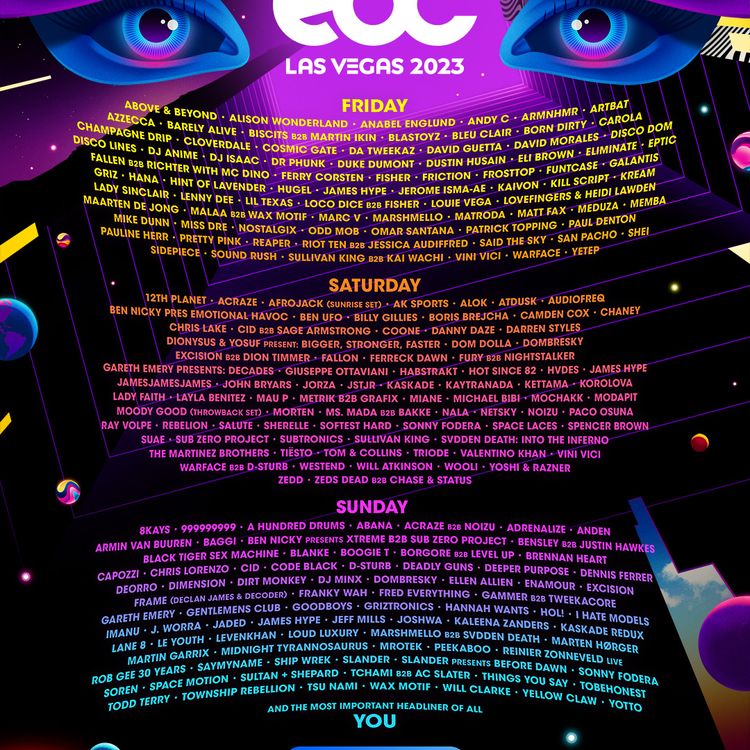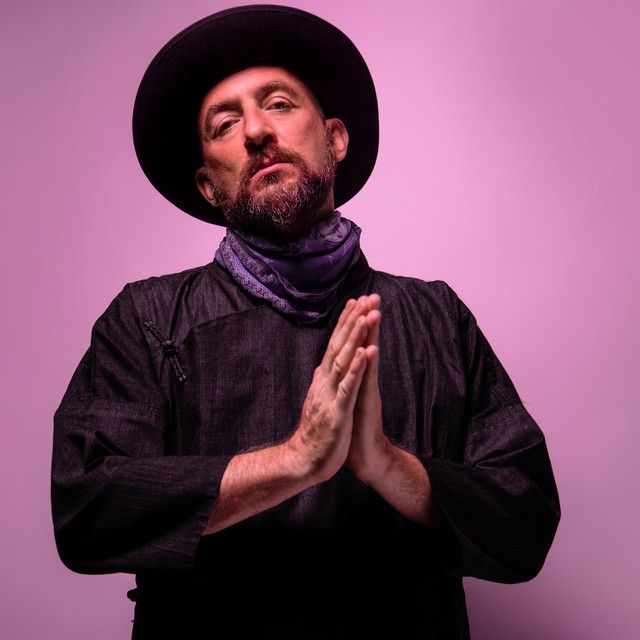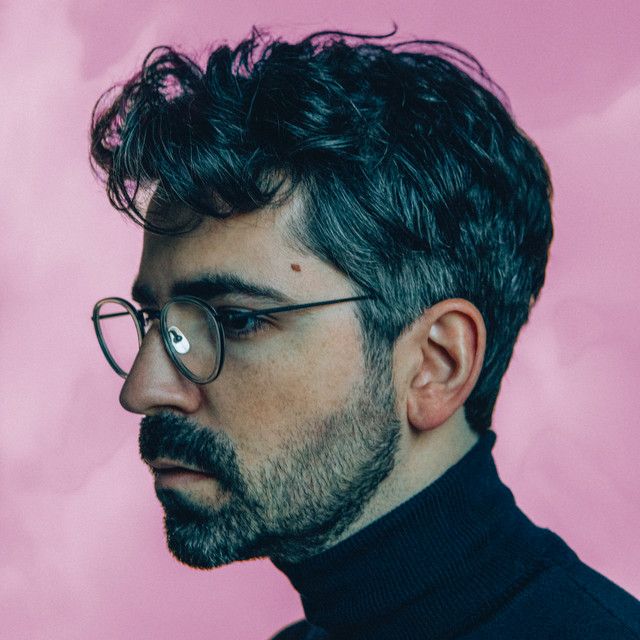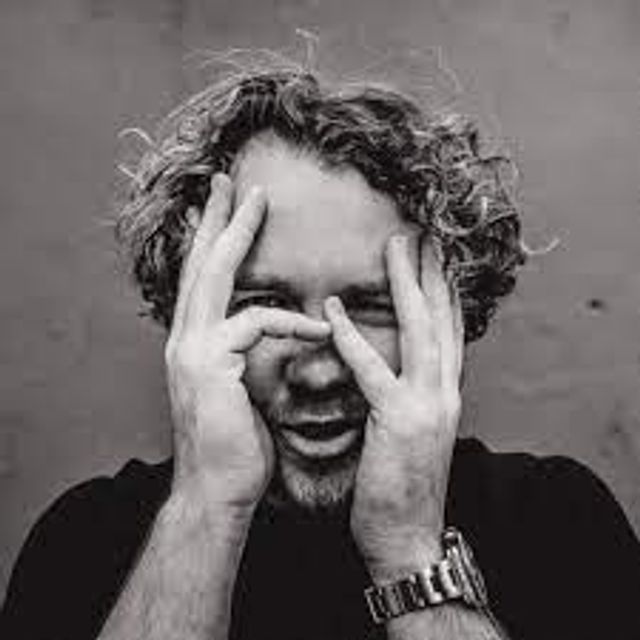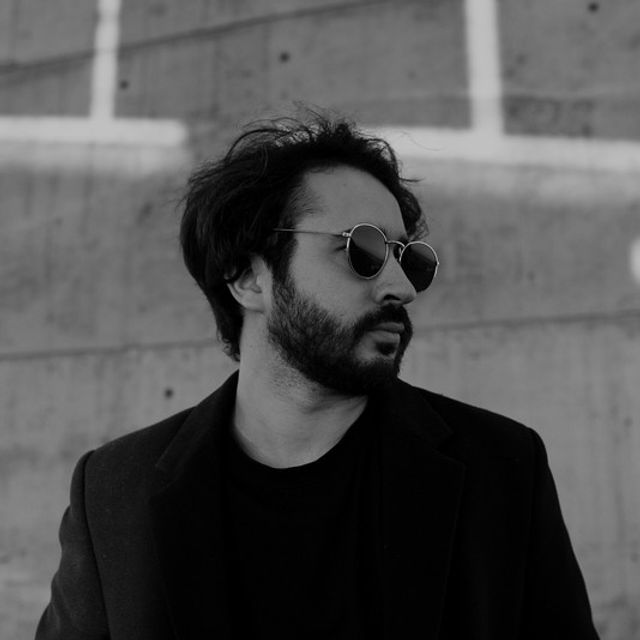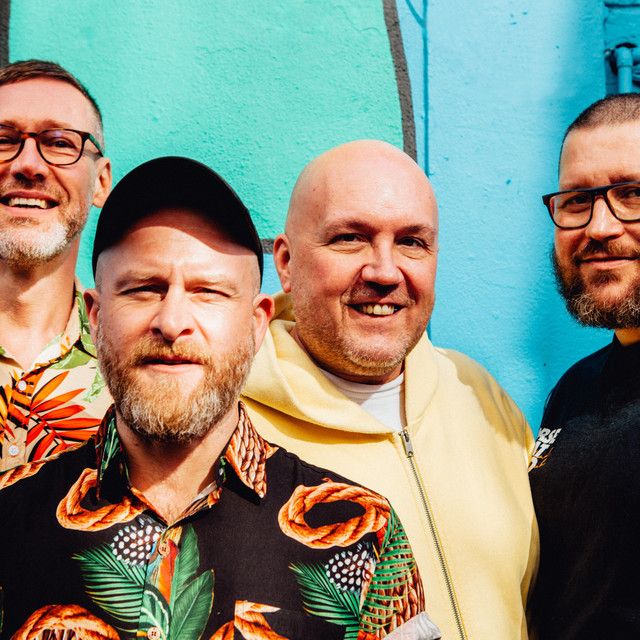Artist Spotlight
David Morales is committed to evolving with every new phase of dance music. He’s been there since the beginning, DJing, producing, remixing, and running labels for 40 years. Frankie Knuckles, who is rightfully lauded as the Godfather of dance music culture, was close friends with Morales. They toured the world together. And they also founded Def Mix Productions together. Morales refers to Knuckles as the “Liberace” of dance music. “We were like Batman and Robin,” Morales says. “That was my partner in crime for years. We were partners in crime and in soul.” Within the soul of David Morales lives stories and experiences of how the culture went from an unknown scene inhabiting decrepit and dilapidated warehouse spaces to a business of celebrities and millionaires. Morales was there for all of it, he’s still here today, and he acknowledges the beauty in what’s happening today. While people half his age with one-tenth of his experience sneer and demean, he never diminishes the current state of dance music. “People can talk shit about EDM all they want, but EDM opened up a lot of doors for club culture in the United States,” says Morales (he alludes to working with Avicii when the EDM superstar was only 18). Morales sees all these changes in music as a part of a larger game, and after playing the game for so long, he has picked up timeless knowledge along the way. Simple gems that any aspiring artist can follow to make a career extend for decades. When it comes to DJing, Morales’s means of entry into the scene, he emphasizes the idea that every DJ is a bedroom DJ. “You’re supposed to be a bedroom DJ for life. Always. Because nobody can ever take that away from you ever.” Morales says. Morales, of course, has played records in far more places than his bedroom. After first being enthralled by the art form at the age of 15 when he saw Ernie Dunda spin at a club called Starship Discovery (he had to bribe the security to get in), Morales evolved through every phase of what it means to be a DJ. “I went to Yale, I went UCLA, I went to Harvard, I went to Columbia, I went to every university and graduated Magan Cum Laude in the art of DJing,” Morales says. Pivotal in Morales’s history was a club called The Loft in New York City. It’s where legendary disc jockey David Mancuso taught him about selection. There was no mixer—just two turntables. Morales would put on a record, let it play beginning to end, then the audience would clap before the next record came on. You had to get the next one on quickly. It was about the music. Not the mixing. As technology evolved to include the two-channel mixer, Morales’s love of the music fueled his coinciding evolution. He landed residencies around New York and New Jersey at clubs like Zanzibar and 1018, playing all night. From the first record to the last. Where open-to-close sets are few and far between in modern culture, in the time of Morales’s residencies, it was the standard. One DJ curated the whole night. They created an ebb and flow on the dancefloor and around the club that kept people coming back to see the same resident DJ week after week. “You needed to understand sound. You know how to peak the room, but you have to bring the energy down for the bar to create revenue, and so you don’t tire the people out, and so that they get a chance to socialize,” Morales says. “You know you’re going to lose some people from the dancefloor, but it’s OK. You’re not stressing. You ain’t going nowhere. There’s nobody judging you because you knew what record to play to bring those people back.” As Morales evolved with culture, though, the skills he developed with those early residencies were less in demand. Sets became shorter. Lineups became larger. But Morales remained a bedroom DJ at heart. He loves playing records no matter how many people are in front of him, and as a result of the pandemic, he found a new place to express that love: streaming. Most DJs have abandoned Twitch as gigs begin to return, but Morales continues to host his Twitch program, Sunday Mass, a five-hour broadcast of nonstop DJing, every Sunday from 10 AM-3 PM EST. Sometimes it’s Morales himself for all five hours. Other times he has guests like the 14-year-old JusTheDJ. “My favorite DJ gig in the world right now is my Sunday Mass virtual show,” Morales says. This is the case because unlike many gigs today, even headlining gigs, Morales can play whatever he wants on his stream. Just like he would when he was a bedroom DJ. Overall, the idea of enjoying the basics as a bedroom DJ leads to another piece of wisdom Morales learned throughout his evolution. This piece of wisdom came from none other than the queen of soul herself, Aretha Franklin: “She taught me the biggest phrase: ‘Less is more and more is less when it came to vocals,’” Morales recalls. “It really connects with every aspect of life.” Around the time Morales did remixes for Franklin (one of the hundreds revered artists he’s remixed, including Backstreet Boys, Kylie Minogue, Jamiroquai, U2, and Michael Jackson), he released the biggest hit of his career, “Needin’ U,” and the production of this track was precisely in line with Franklin’s advice. “The fastest and the cheapest record I’ve ever made, and my fuckin’ biggest record,” Morales says. “I did that record in my studio in my office, and I did it just for me. I took two of my favorite old records which were ‘Let Me Down Easy’ [by Rare Pleasure] and ‘My First Mistake’ [by The Chi Lites]. I put a beat on the rig. I did it all in Akai S950 sampler.” Morales first played out “Needin’ U” in Los Angeles after printing it on acetate, and people at the show begged him to release it. He thought it was beneath him. He had already been producing for pop stars like Mariah Carey (which landed him one of his Grammy nominations). READ THIS NEXT: Gray Area Spotlight: DJ Rae “It’s a fucking sample record I slapped together. No way,” Morales said at the time, and yet he is still making money from “Needin U” today. As long as an artist remains open-minded, a worldwide hit only needs to be a slapped-together sample record, and according to Morales, that’s the key. “I think the most important thing is to be open-minded,” Morales says. “You have to welcome the evolution of the game. That means technology. That means music.” Morales knows that to welcome evolution, he needs to look to the younger generation to learn. “You hear about some new kid on the block. What has he got to say? Whether it’s the technology he’s using or whatever, it doesn’t mean that that kid can’t teach me something or inspire me in some kind of way,” Morales says. Morales furthers this open-mindedness towards the new generation by creating platforms for young artists. In 2018 he started his new label, DIRIDM, which explores world sounds and signs young artists from all over the globe. He’s signed people in Sicily and Spain, but he’s also signed his own music to DIRIDM because as much as he welcomes the game’s evolution, he’s still a player in it. Morales released his latest album, Parkside Ave., via DIRIDM this year, and he has another album already coming next January. At 59 years old, he’s still DJing, making music, running labels, playing a role in the future of the culture. “I’m 59. Next year I’ll be 60. Even though I’m 25,” Morales says with a laugh. He’ll be playing the game for another 40 years at this rate because he welcomes the evolution.
